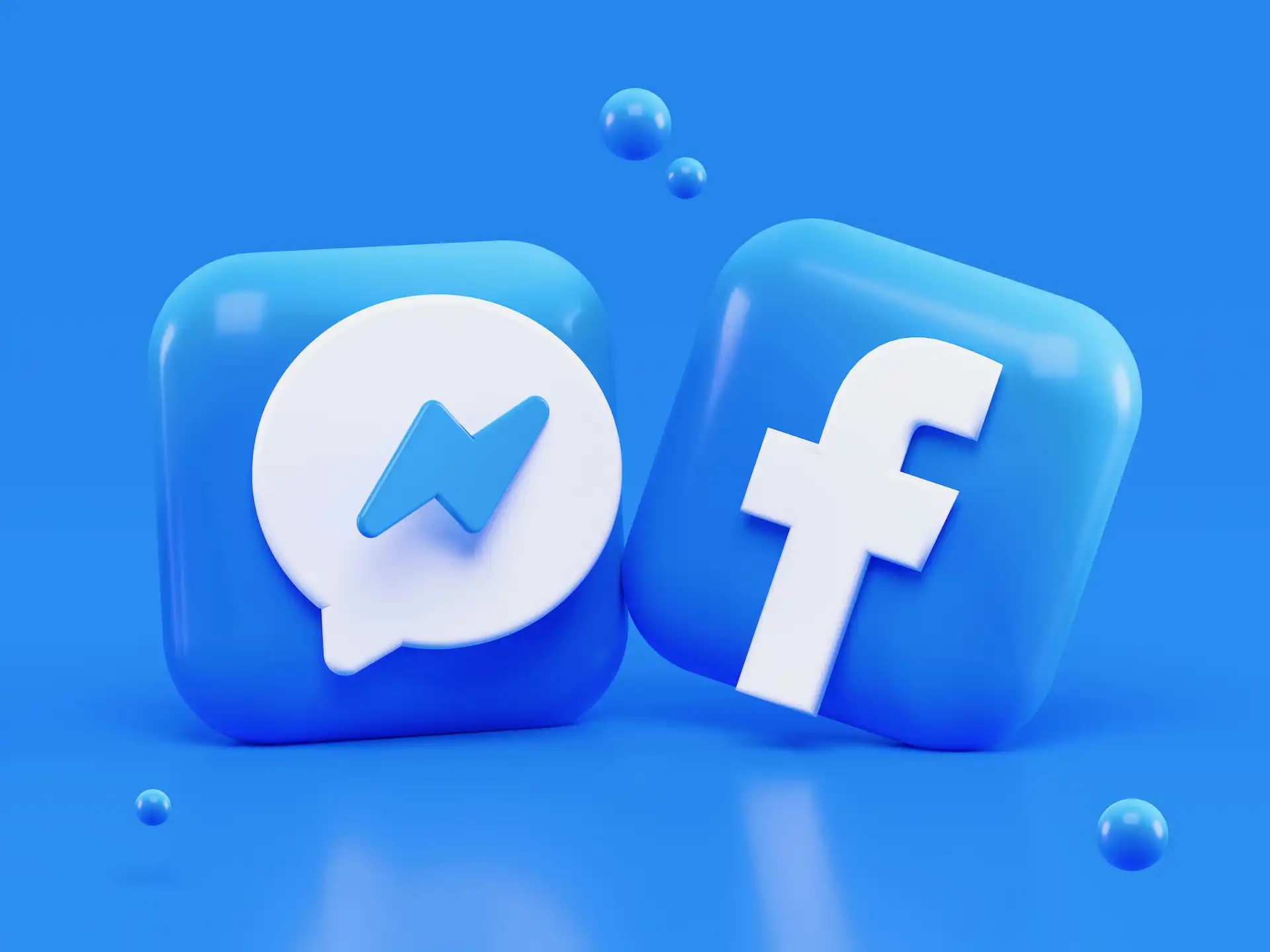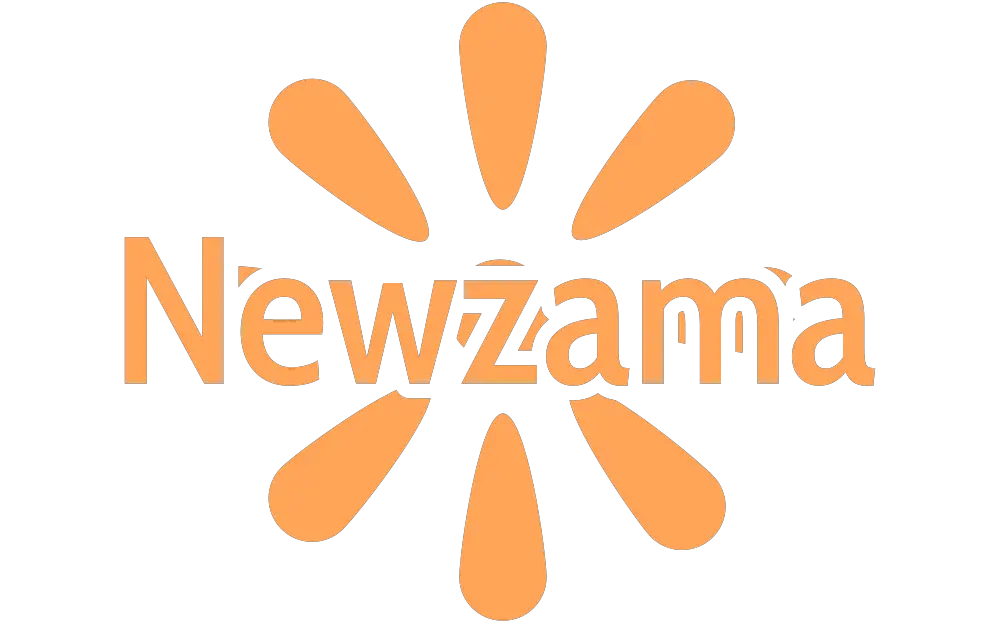
Facebook, the social media giant, has transformed the way people connect, communicate, and share information globally. Since its inception in 2004, it has grown from a college networking site to one of the most influential platforms in the digital age. This article explores the journey of Facebook, its impact on society, and the controversies and challenges it has faced along the way.
The Birth of Facebook
Facebook was founded by Mark Zuckerberg, along with his college roommates Eduardo Saverin, Andrew McCollum, Dustin Moskovitz, and Chris Hughes, while they were students at Harvard University. Initially launched as “TheFacebook” on February 4, 2004, the platform was designed to help Harvard students connect and share content with each other. The idea quickly gained popularity, leading to its expansion to other Ivy League universities and eventually to colleges and universities across the United States and Canada.
Growth and Global Expansion
In 2006, Facebook opened its doors to anyone aged 13 and over with a valid email address, marking the beginning of its global expansion. This move was pivotal, allowing the platform to grow exponentially. By 2008, Facebook had surpassed MySpace as the most popular social networking site, and its user base continued to expand worldwide.
Facebook’s growth was fueled by continuous innovation and the introduction of new features, such as the News Feed, introduced in 2006, which allowed users to see updates from their friends in a real-time stream. The “Like” button, introduced in 2009, became an iconic feature, enabling users to show appreciation for content with a single click.
The Facebook Ecosystem
Over the years, Facebook has diversified its offerings and developed a comprehensive ecosystem of products and services:
- Messenger: Launched as a standalone app in 2011, Facebook Messenger allows users to send instant messages, make voice and video calls, and share media. It has become one of the most widely used messaging apps globally.
- Instagram: Acquired by Facebook in 2012, Instagram is a photo and video-sharing social networking service that has become immensely popular, particularly among younger users.
- WhatsApp: Purchased by Facebook in 2014, WhatsApp is a cross-platform messaging and voice-over-IP service that boasts over 2 billion users worldwide.
- Oculus: In 2014, Facebook acquired Oculus VR, a leading virtual reality company, signaling its interest in the future of immersive technologies.
- Facebook Ads and Business Tools: Facebook offers a robust advertising platform and a suite of business tools, enabling companies to reach targeted audiences, analyze campaign performance, and engage with customers effectively.
Impact on Society
Facebook’s impact on society has been profound and multifaceted. It has revolutionized the way people communicate, making it easier to stay in touch with friends and family, share life events, and connect with others who share similar interests. The platform has also played a significant role in social and political movements, providing a space for organizing and mobilizing efforts, as seen during the Arab Spring and various social justice campaigns.
However, Facebook’s influence has not been without controversy. The platform has faced criticism for issues related to privacy, data security, and the spread of misinformation. The 2018 Cambridge Analytica scandal, in which data from millions of Facebook users was harvested without their consent for political advertising, brought significant scrutiny and led to calls for greater regulation of social media.
Challenges and Controversies
- Privacy Concerns: Facebook has faced numerous privacy-related issues, from data breaches to concerns about how user data is collected, stored, and used. The company has made efforts to improve its privacy practices, but challenges remain.
- Misinformation and Fake News: The spread of misinformation and fake news on Facebook has been a major concern, particularly during election cycles. The platform has implemented measures to combat false information, but the issue persists.
- Content Moderation: Balancing free expression with the need to remove harmful content is a significant challenge for Facebook. The platform has faced criticism for both over-censorship and under-regulation of content.
- Mental Health Impact: Studies have suggested that excessive use of social media, including Facebook, can negatively impact mental health, contributing to issues such as anxiety, depression, and feelings of isolation.

The Future of Facebook
Despite the challenges, Facebook continues to innovate and adapt to the changing digital landscape. The company has rebranded itself as Meta, signaling a shift towards the metaverse, a virtual-reality space where users can interact with a computer-generated environment and other users. This ambitious vision aims to create new ways for people to connect, work, and play in a fully immersive digital world.
Conclusion
Facebook’s journey from a college networking site to a global phenomenon is a testament to its ability to innovate and adapt. While the platform has had a profound impact on society, it also faces significant challenges that it must address to maintain user trust and continue its growth. As Facebook evolves into Meta, its future will likely be shaped by how it navigates these challenges and seizes new opportunities in the digital age


Leave a Reply